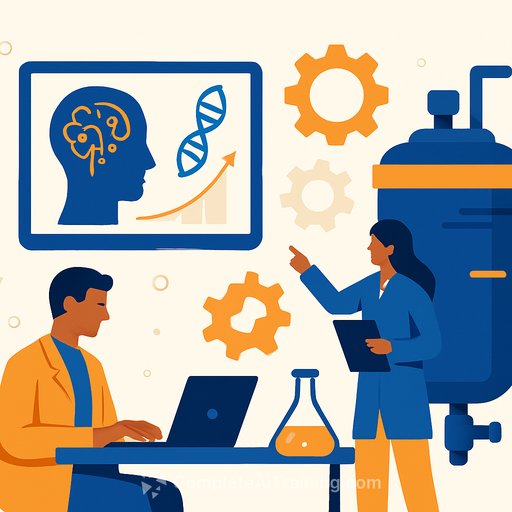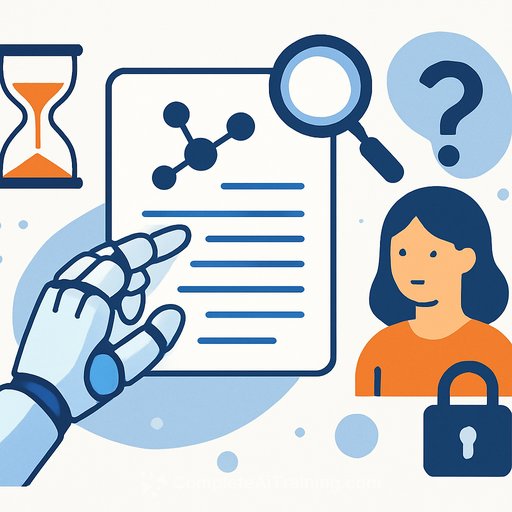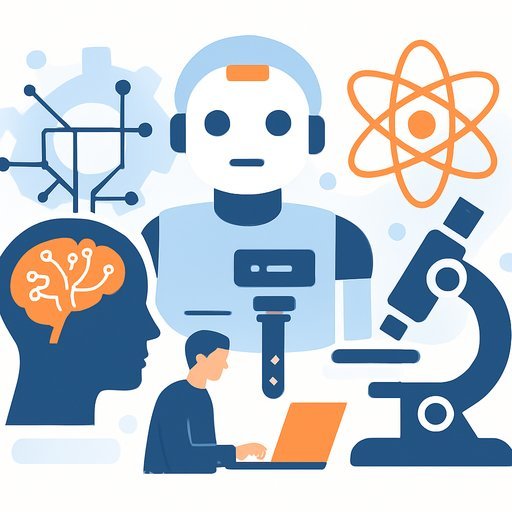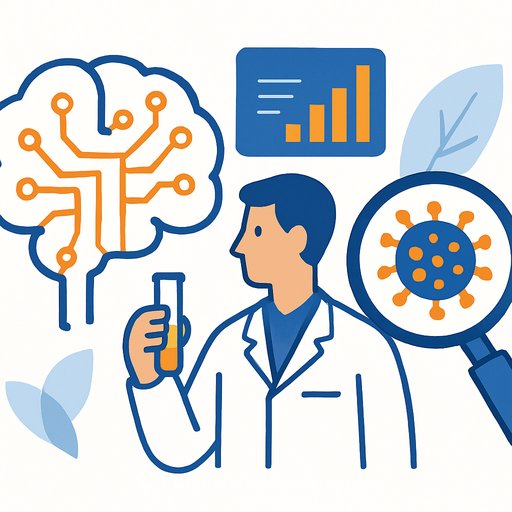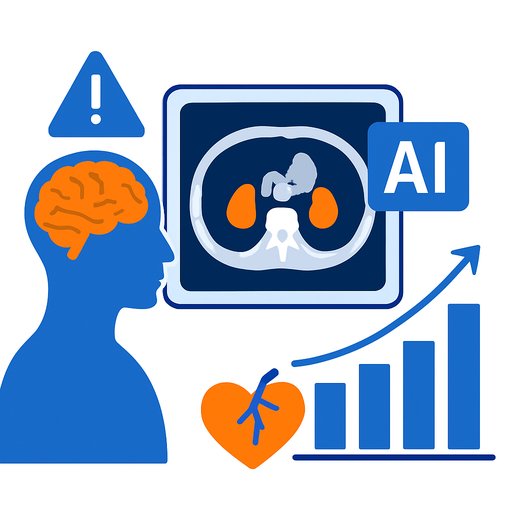AI’s Growing Impact on Scientific Discovery
Artificial intelligence is changing how science advances, speeding up discoveries and improving the way researchers work. Carnegie Mellon University plays a key role in demonstrating how AI can accelerate innovation across fields like environmental health, energy, and national security. As AI technologies mature, they are becoming a vital tool for analyzing large datasets and automating complex scientific tasks.
Where AI Is Making Immediate Changes in Research
AI is crucial for handling the vast amounts of data generated by modern sensing and measurement tools. This is especially true in physical and biological sciences, where interpreting data quickly and accurately is essential. For example, AI helps optimize energy grids and develop new materials for defense purposes. It also assists in exploring advanced concepts in mathematics and physics by testing theories and solving complex problems. When combined with robotics, AI accelerates discovery and adapts the scientific process to meet strategic needs.
Transforming the Scientific Process from Discovery to Manufacturing
Autonomous platforms that merge AI-driven modeling with high-throughput screening are speeding up discovery in areas such as clean energy and sustainable manufacturing. These systems help scientists identify solutions faster and enable quicker transitions from experimental results to scalable production. Collaborations between researchers and manufacturers are becoming more important to ensure innovations move smoothly from the lab to real-world applications.
Cross-Disciplinary Collaboration Enabled by AI
Carnegie Mellon’s expertise in machine learning, data science, and robotics creates a unique environment for integrating AI across disciplines. By combining computational intelligence and automation, researchers can accelerate discovery in chemistry, mathematics, and physics. For instance, AI helps design new compounds, automate complex proofs, and process massive data streams from particle physics experiments in real time. These advances mark a fundamental shift in scientific methods, pointing toward a future where AI supports research under human guidance.
The Rise of Biomanufacturing in Pittsburgh
Pittsburgh benefits from a strong ecosystem where foundational research and scalable innovation intersect. Carnegie Mellon contributes by turning scientific discoveries into practical technologies that advance biomanufacturing. Partnerships with local organizations help scale these innovations, enabling the region to lead in areas like sustainable manufacturing and biodefense. Continued investment in AI-driven platforms will be key to maintaining this momentum.
Skills Needed for Researchers in AI-Powered Biomanufacturing
Tomorrow’s scientists must combine deep scientific knowledge with skills in AI, data literacy, and automation. Interdisciplinary collaboration will be essential, requiring researchers to work alongside computer scientists, engineers, and industry experts. Training will also need to address ethical considerations such as data privacy, safety, and equitable access to technology.
Exciting AI-Driven Projects in Science
One standout project is Coscientist, an autonomous AI platform that can design, plan, and execute chemistry experiments based on natural language instructions. This approach allows scientists to describe what they want to test in plain English and have the system carry out the experiment and analyze results. Scaling this technology could enable rapid testing of hypotheses across biology and chemistry, significantly shortening the timeline for breakthroughs in areas like clean energy, therapeutics, and sustainable manufacturing.
AI’s integration into science promises faster, smarter research and a more collaborative approach to innovation. For researchers eager to develop skills in AI and automation, exploring Complete AI Training offers valuable courses designed to build expertise in these emerging tools.
Your membership also unlocks:

